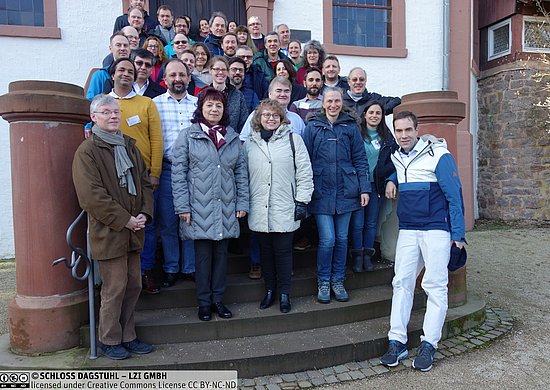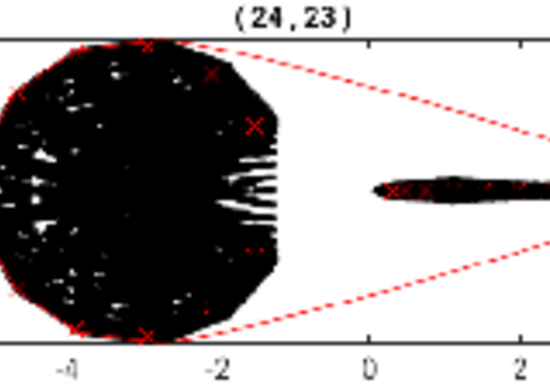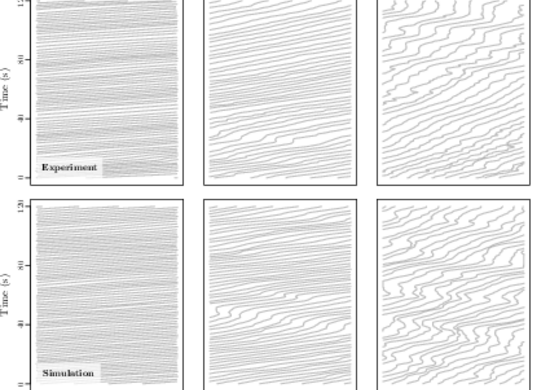
IMACM-Juniors Excursion
The IMACM-Juniors seminar trip took place from 11th to 13th February in Schmallenberg. The aim of the seminar was to bring the PhD students of the different working groups together. 15 Participants (14 PhD students, 1 Post Doc) of four different working groups of IMACM presented their research in the beautifully located seminar house. Furthermore, there was time to discuss research topics and general questions regarding the dissertation. In the evenings there was time for socializing while cooking together and playing board games.
IMACM-Juniors Excursion








